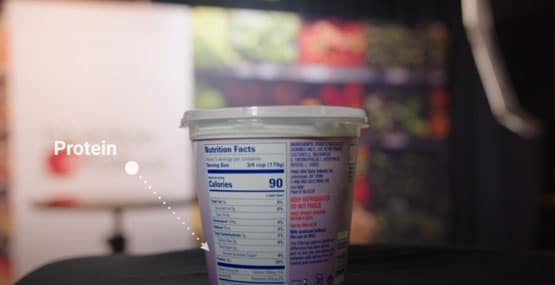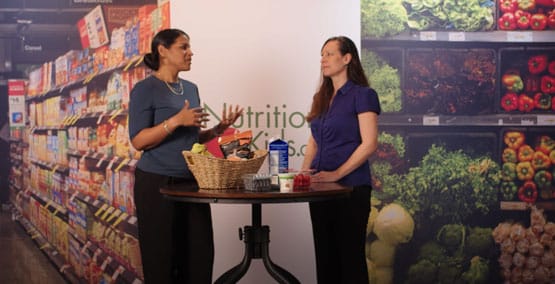
Hacks when shopping for dairy alternatives for lactose Intolerance or cow's milk allergy
Introduction: For individuals with lactose intolerance or cow's milk allergy, shopping for dairy products can be a challenge. However, there are plenty of dairy alternatives available that can provide essential nutrients without causing discomfort or allergic reactions, as these hacks and our video on Dairy Shopping will show you.
- Understanding lactose Intolerance and cow's milk allergy: Lactose intolerance is the inability to digest lactose, a sugar found in milk and dairy products. This often produces gas, abdominal discomfort and / or diarrhea. Cow's milk allergy, on the other hand, is an allergic reaction to the proteins present in cow's milk, which can cause skin conditions and / or vomiting. It is important to differentiate between the two conditions, as the recommended dairy alternatives vary. Consult with a healthcare professional to determine whether you have lactose intolerance or a cow's milk allergy before making dietary changes.
- Non-Dairy milk alternatives: Non-dairy milk alternatives are usually an excellent substitute for cow's milk. Options such as soy milk, oat milk, and pea protein milk are widely available. These alternatives can be found in the refrigerated section or in shelf-stable cartons. When shopping for non-dairy milk, choose unsweetened varieties to minimize added sugars. Nut milks, like almond milk, don't measure up for kids because they don't provide the protein and healthy calories kids need to grow and stay healthy. Also, check the ingredient list to ensure there are no allergens or additives that may trigger an allergic reaction.
- Yogurt alternatives: For those who enjoy yogurt, there are dairy-free options available. Look for yogurt alternatives made from coconut, soy, or oat milk. These alternatives provide a similar creamy texture and can be found in the refrigerated section of the grocery store. Check the label for live and active cultures, which provide probiotics, and opt for unsweetened varieties or those sweetened with natural sweeteners like fruit or agave.
- Cheese substitutes: While cheese alternatives may not replicate the exact taste and texture of dairy cheese, there are options available. Look for dairy-free cheese alternatives made from plant-based ingredients like nuts, soy, or tapioca starch. These alternatives can be found in the refrigerated or specialty section of the store. Experiment with different brands and flavors to find the ones that suit your taste preferences.
- Reading labels and allergen information: When shopping for dairy alternatives, it is crucial to carefully read food labels and allergen information. Some products may still contain traces of allergens or other ingredients that could cause an allergic reaction. Look for labels indicating that the product is specifically lactose-free or free from allergens like cow's milk. Familiarize yourself with common food additives and allergens to ensure you make informed choices and avoid any potential triggers.
Conclusion: Shopping for dairy alternatives when you or someone in your family is lactose intolerant or allergic to cow's milk is possible and can still provide you with essential nutrients, particularly calcium, vitamin D and protein. Explore non-dairy milk options, yogurt alternatives, and cheese substitutes made from plant-based ingredients. Read labels carefully to avoid allergens and make informed choices. With a bit of knowledge and experimentation, you can find suitable dairy alternatives that meet your dietary needs and preferences.





